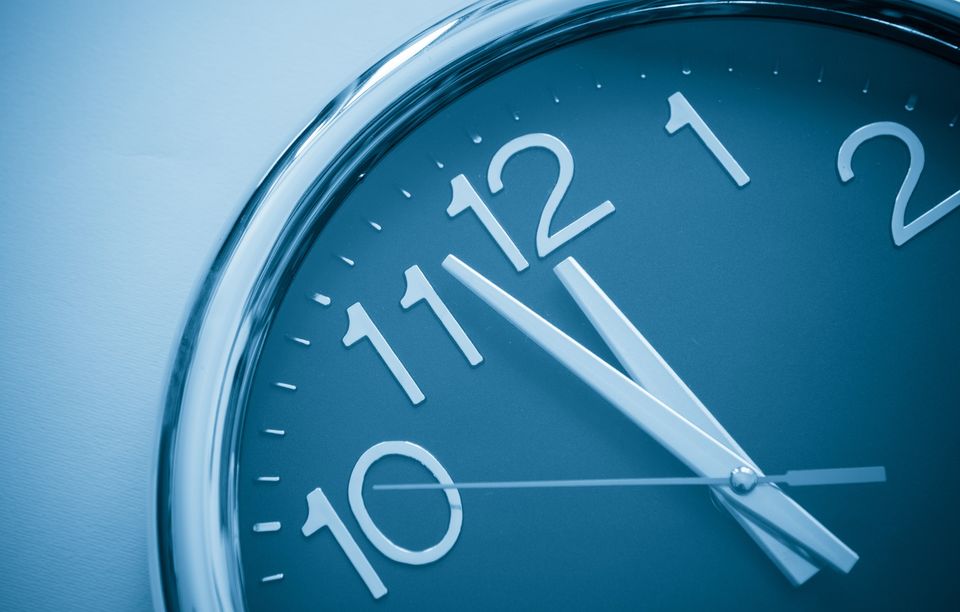When I was a teenager my parents’ favorite response to my requests to stay out late was always the same: “Nothing good ever happens after midnight.” Like most teenagers, I had perfected the art of the eye roll. What did they know? Well apparently quite a lot according to a new study published in the journal Frontiers in Network Physiology, The Mind After Midnight: Nocturnal Wakefulness, Behavioral Dysregulation, and Psychopathology.
The concern that bad things happen after dark now has science behind it. When we are awake during the wee hours, neurophysiological changes in the brain alter the way we interact with the world, especially actions related to impulse control, reward processing, and high risk decision. If you’ve ever stayed up late and sent a regrettable Tweet, wolfed down a box of cookies, polished off another bottle of wine, or gone on a late night QVC shopping spree, you might agree that the mind after midnight is not thinking straight. If you’re awake in the middle of the night, it’s fair to say that your brain is not functioning at its best.
Bad things happen after dark
- Homicides and violent crime are more common at night
- People are more at risk for engaging in harmful behavior such as suicide, violent crime and substance abuse at night
- Our nighttime food choices at night also tend to be unhealthy, as we pursue more carbohydrates, lipids and processed foods and often consume more calories than we need.
(Source: SciTechDaily.com)
So why does behavior shift at night?
The cloak of darkness offers a partial explanation—it’s easier to commit crimes or indulge in unhealthy habits when fewer people are around and awake to notice or intervene.
But there’s more to it than that. Research shows how the mind shifts in mysterious ways after midnight:
- The tendency to experience positive affect — positive emotional states such as joy, energy, and cheerfulness — is highest during morning hours and bottoms out between 1am and 4am.
- The tendency to experience negative affect — negative emotional states such as anger, distress, and fear — peaks at night, when positive affect is at rock bottom.
- The combination of low positive affect with high negative affect shapes how we attend to and interpret information. In the wee hours, things that are annoying or irritating can feel catastrophic. An ex’s social media post about their new partner might have rankled you at 1pm. At 1am, it’s far more upsetting.
- It’s harder to manage a bad mood in the middle of the night. According to the study published in Frontiers in Network Physiology, we are more vulnerable to depressive, anxious, and paranoid thinking after midnight.
- Reward processing is out of whack and executive functioning is dysfunctional at night.
“Long-term planning and behavioral inhibition are diminished in favor of high-risk decision-making and cognitive inflexibility, leading to repeated, maladaptive behaviors that do not respond to negative feedback,” explain the researchers.

If you are sending a kid off to college for the first time or back to school, have a conversation with them about prioritizing sleep. Remind them that in addition to improving academic performance, getting enough rest will protect their mental health. A study found that teens who got 8 3/4 to nine hours of sleep per night had the lowest levels of mental health issues, including moodiness, feelings of worthlessness, anxiety and depression.
Don’t worry about the eye roll. Unlike our parents, at least you have some concrete data!
Bottom Line: It’s not a good idea to be awake when reason sleeps.
I wish you all the best,
Dr. Samantha Boardman






